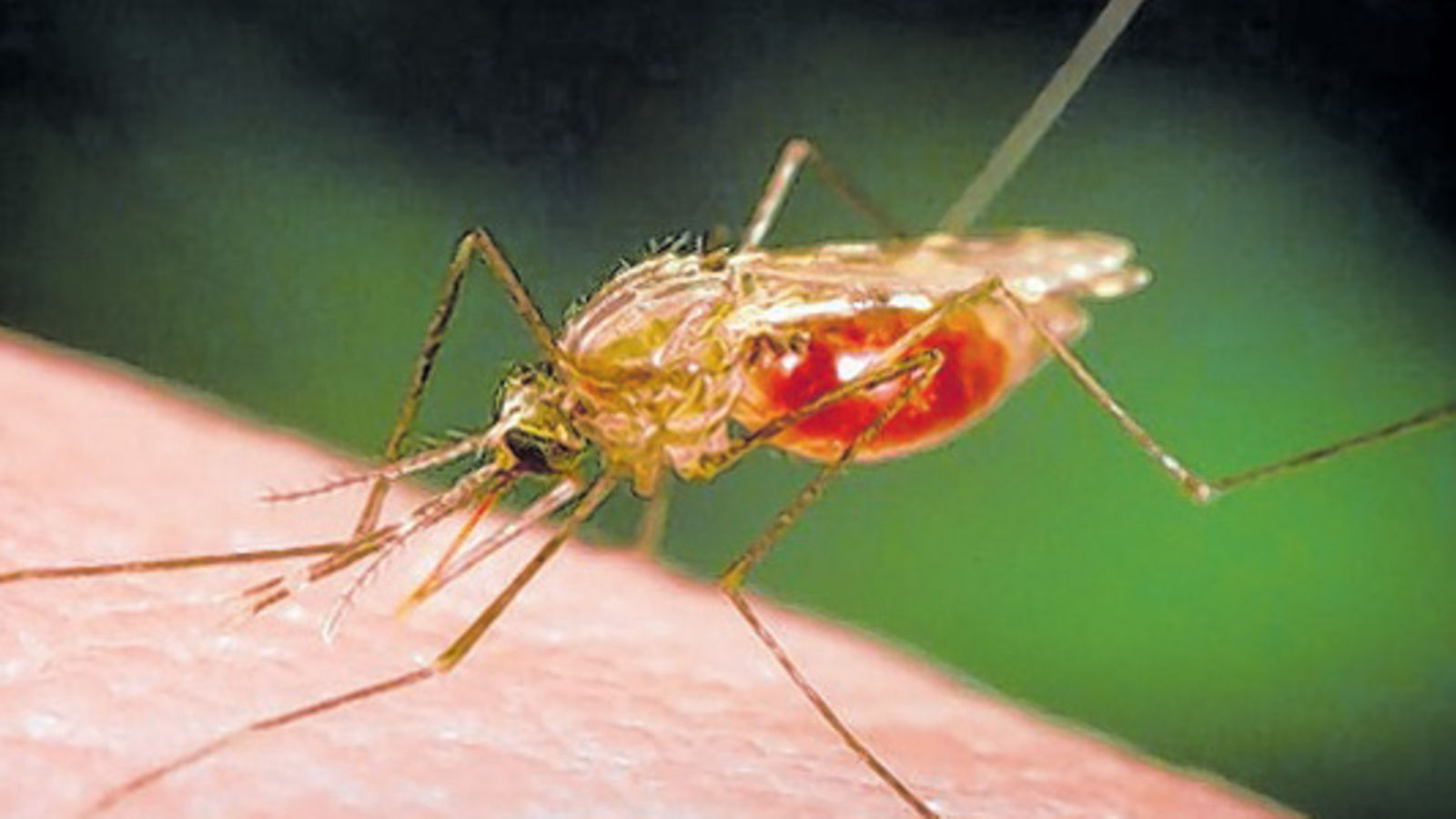
MALARIA: Modern interventions targeting shifts in mosquito biting times

New evidence by scientists from Ifakara Health Institute and the University of Glasgow has revealed shifts in biting times in mosquito populations, underlining the need for interventions targeting early and outdoor biting mosquitoes.
The scientists provide the first experimental evidence of the existence and hereditary extent in the biting times of a major African malaria vector – anopheles arabiensis - in their latest findings published on the Malaria Journal.
The new results provide a framework for additional research into the genetics of this phenotype and other mosquito feeding habits whose evolution in response to interventions may undermine malaria elimination efforts in Africa.
“Despite modest heritability, our results suggest that some of the variation in biting time is attributable to additive genetic variation. Selection can, therefore, act efficiently on mosquito biting times, highlighting the need for control methods that target early and outdoor biting mosquitoes,” say the scientists.
11% heritability obtained
The study experimentally investigated the heritability in the biting time of anopheles arabiensis using a novel portable semi-field system (PSFS), in Lupiro village within the Kilombero Valley in Tanzania. Biting time phenotypes of wild-caught mothers (F0) were compared to phenotypes of their offspring (second generation(F2)) under realistic controlled conditions.
A heritability estimate of 11% was obtained providing evidence that a portion—albeit a minority—of natural variation in biting time is due to additive genetic variation.
According to the scientists, the estimate of 11% obtained was relatively low, however, when compared with other behavioral traits alone, the estimate is in the centre of the observed range of 0–20%.
The need for complementary interventions
“This study highlights the value of crossing experiments between populations of mosquitoes with different biting time phenotypes… This would provide evidence of genetic inheritance of the biting time phenotype despite the low heritability obtained in this study (11%),” they noted.
The scientists emphasized the need for "urgent complementary interventions" in their study's conclusion, writing, "Regardless of the relative contribution of each of these processes, the increasing evidence of shifts in biting times in malaria vector populations highlight the urgent need for complementary interventions that can target mosquitoes in outdoor environments and outside of typical sleeping hours."
Two Ifakara scientists involved
Ifakara Health Institute scientists involved in the study are Nicodem Govella, the principal author, and Gerry Killeen. Other contributors were Paul Johnson and Heather Ferguson from the University of Glasgow, UK.
>> Full publication here: https://pubmed.ncbi.nlm.nih.gov/37587487/
